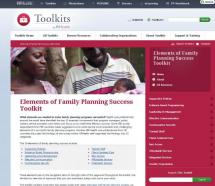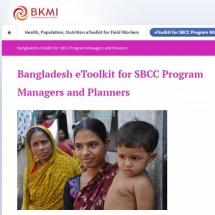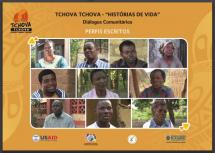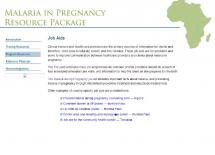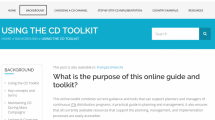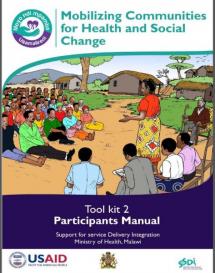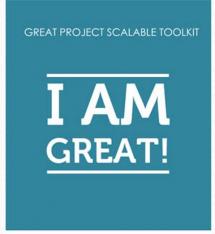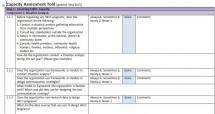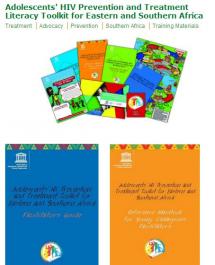Continuous Distribution Toolkit
This online toolkit combines current guidance and tools that can support planners and managers of continuous Insecticide-Treated Nets (ITN) distribution programs. A practical guide to planning and management, it also ensures that all currently available resources that support the planning, management, and implementation processes are easily accessible.
This toolkit can support planners and managers of continuous ITN distribution programs. In most cases, they will be the same people who plan and manage ITN distribution strategies overall; this is important because continuous ITN distribution should not take place in a vacuum, but rather should be part of an overall strategy to increase and maintain universal access with ITNs for populations at risk of malaria. Other tools support planning and management of ITN campaign distributions; for example, the Alliance for Malaria Prevention, and the partners’ toolkit for mass campaign distribution can be found at http://allianceformalariaprevention.com/amp-tools/amp-toolkit/.
This guide contains information and resources in many different formats, which will ensure that the needs of each toolkit user can be met in the most efficient way.
The toolkit is comprised of the following sections:
- Background provides information on the overview of the overall ITN strategy planning and to CD, international recommendations, and guidance; it also includes brief descriptions of the range of the available CD channels. Users first looking to ground their planning and thinking in the context of overall ITN policies and strategies will find this section particularly useful.
- Choosing CD Channels is a step-by-step guide to selecting the most appropriate CD channels for a given setting—the selection of channels will be documented in the CD section of the national ITN strategy. Tools and templates are provided at relevant points.
- CD Step-by-Step Implementation is a step-by-step guide to the process of planning and implementing a specific CD channel. Tools and templates to support planning and management are provided at relevant points.
- Country Examples presents ITN strategies and implementation plans developed by country partners as well as country examples of how CD channels have been implemented.
- Resources include all the documents, tools, and templates linked throughout this website, cataloged in one place for download.
This post is also available in Français (French)
Source: Johns Hopkins University Center for Communication Programs
Date of Publication: March 25, 2019

